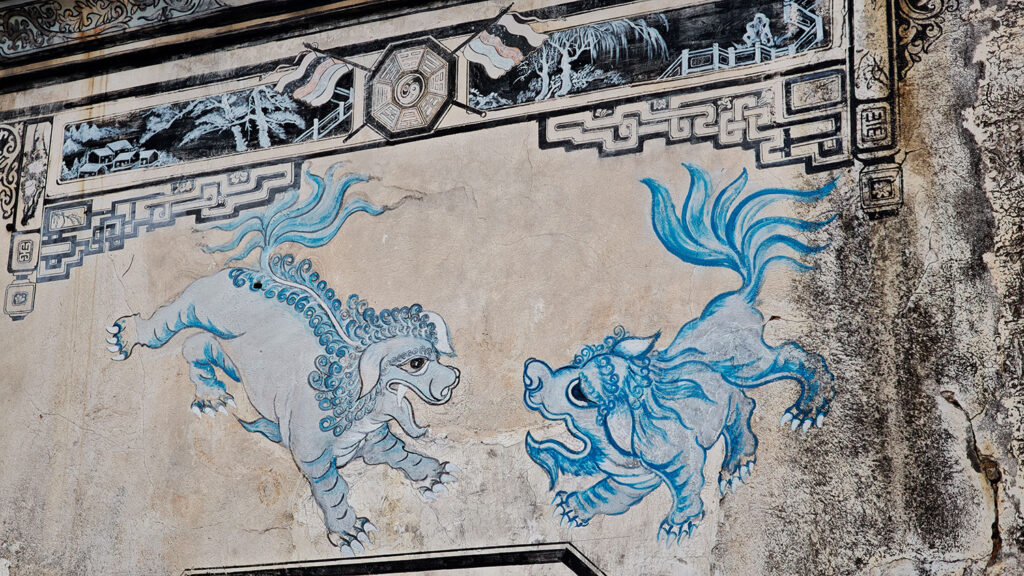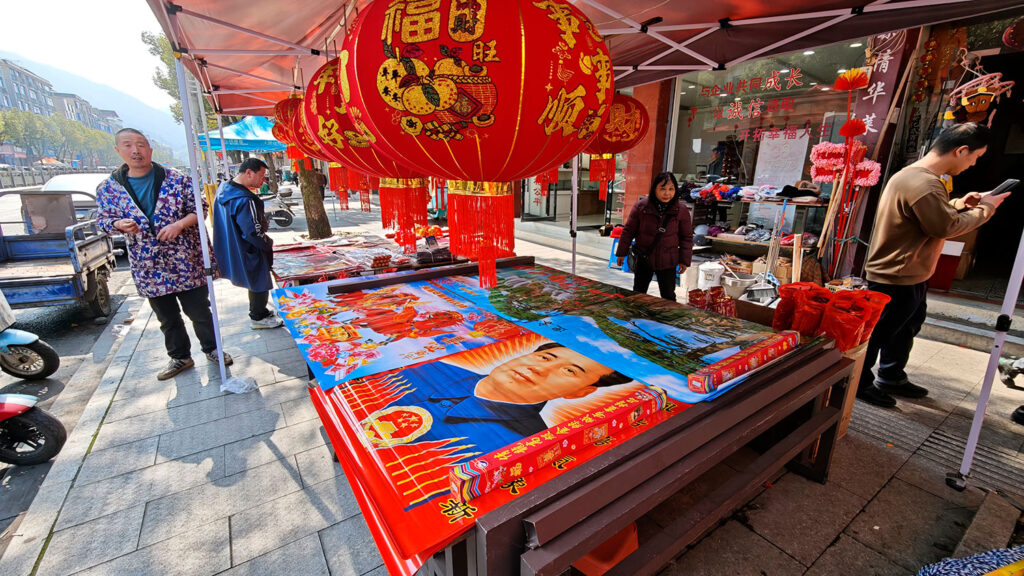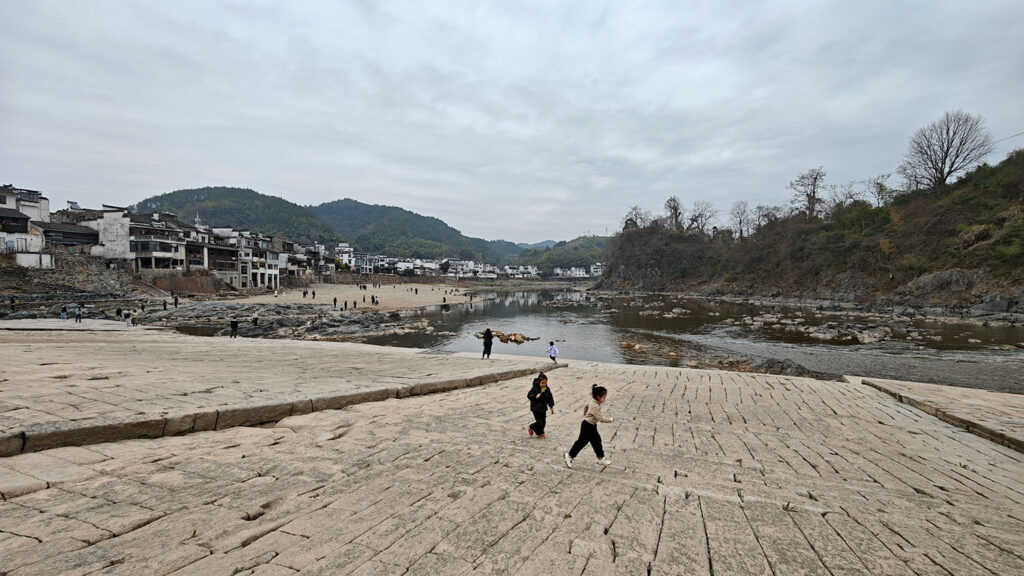After a dinner in rural Zhejiang, we walked to our guesthouse and we looked at the stars. And when you haven’t consciously seen the stars for over a year, well, — they look amazing. But in Shanghai, stars are largely invisible, drowned out by the light the city produces. For all of Shanghai’s amenities, it’s these non-materialistic things like privacy that are the hardest to get by, like darkness and silence.
It’s crowded everywhere you go in Shanghai. There aren’t any real forests, and parks — especially on sunny days — are full of people. You queue to park at the shopping mall, you queue to take the elevator, and you queue to eat at a restaurant. It’s crowded in convenience stores, on escalators, on the subway — and for most people, it’s even crowded at home.
Apartments in Chinese cities are small and usually several generations live together. Offices use open floors. On the weekends, you see many people gaming in the coffee store or on a bench outside, just to be away from home and family members. And during lunch breaks, people use empty meeting rooms to be alone, or game or sleep in their parked cars.
The most lawless of these ‘private spaces’ is the toilet. They provide a seat and a way to lock the door and literally shut the world outside. In shopping malls or offices, you can hear videos or games being played behind stall doors, with the smell of cigarettes. Smoking isn’t allowed in office buildings or shopping malls, but on toilets you can smoke as your heart wishes without consequences, protected by anonymity from the stall door.



